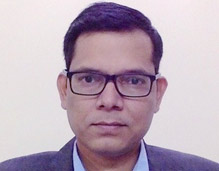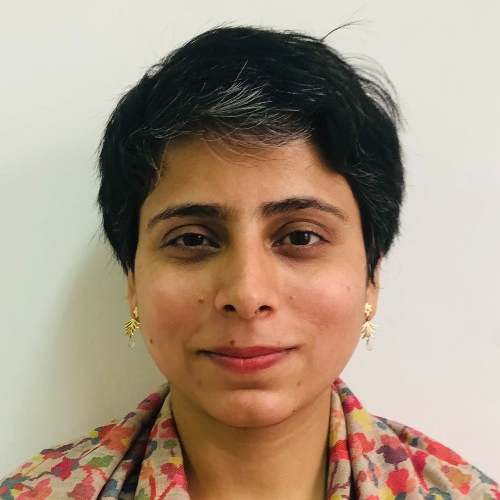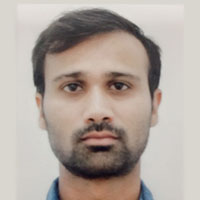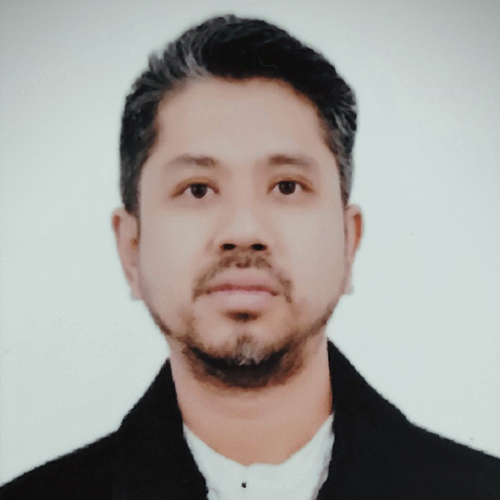Erdoğan’s Visit to St. Petersburg: A Measured Russia-Turkey Rapprochement
While a Russia-Turkey rapprochement is driven by their particular national interests, its trajectory and outcome are likely to be shaped by the interplay of several geo-economic and geo-political factors.
- Rajorshi Roy
- August 16, 2016








